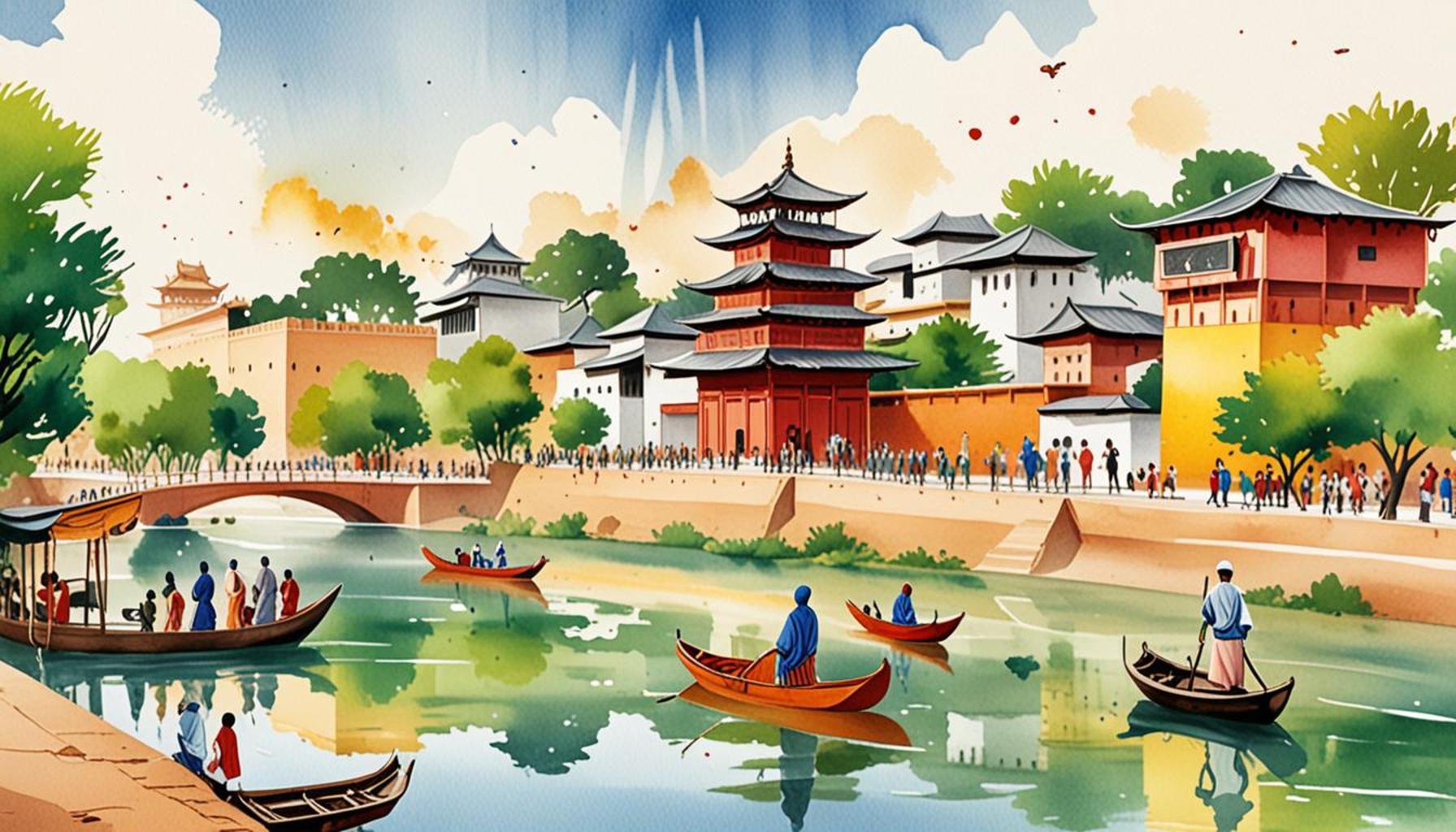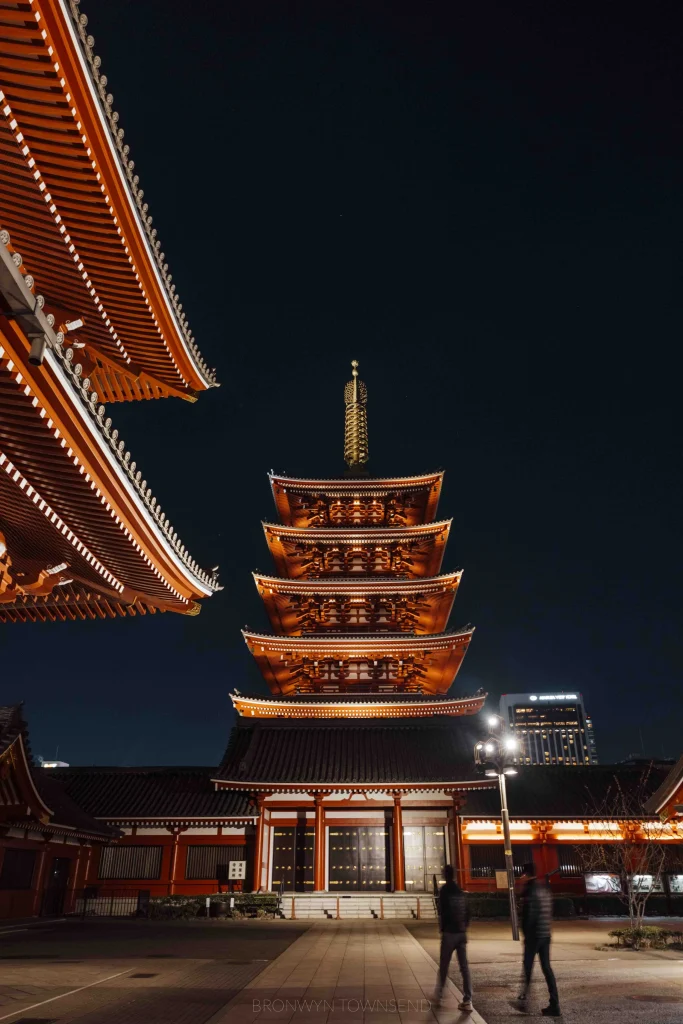Cultural Adventures in Kano: An Itinerary through History and Traditional Architecture

Unveiling the Treasures of Kano’s Historical Landscape
Kano, one of Nigeria’s oldest cities, is a vibrant tapestry of history, culture, and exceptional architecture. This dynamic city beckons travelers with its rich traditions and stunning historical sites. From centuries-old structures to bustling markets, every corner tells a story waiting to be uncovered.
Adventurers will find a wealth of experiences that highlight Kano’s unique cultural identity. Key attractions include:
- Gidan Makama Museum: Nestled in the heart of the city, this museum is not just a repository of artifacts; it serves as a reflective gateway into Kano’s history. It was established in the 1930s in the former Emir’s palace, showcasing an extensive collection of traditional crafts, royal attire, and historical photographs that narrate the evolution of the city and its people.
- Kurmi Market: Often described as the lifeblood of Kano, this lively hub is a sensory explosion of colors, sounds, and aromas. Operating since the 15th century, Kurmi Market offers a vibrant array of traditional crafts, spices, textiles, and local produce. Here, every stall presents a unique story, and bargaining with the merchants is part of the experience, giving visitors a taste of local commerce and interaction.
- Ancient City Walls: These iconic fortifications date back to the 12th century and were built to protect the city from invasions. Stretching around the old city, the walls are a UNESCO World Heritage site and showcase incredible craftsmanship. Standing at the walls allows visitors to envision the challenges faced by Kano’s inhabitants throughout centuries and appreciate the city’s resilience.
- Jumma’a Mosque: This architectural marvel is one of the largest mosques in Kano and was built in the 15th century. It’s an exquisite example of Sudanese architectural style, featuring intricate geometric designs and expansive courtyards that can accommodate thousands of worshippers. A visit during Friday prayers can provide a spiritual insight into the communal bonds of the Muslim community.
As you walk through the city, the intricate blend of traditional and modern influences becomes evident. The melodic sounds of Hausa conversations, the savory smells wafting from roadside food vendors, and the sight of artisanal craftsmanship all paint a vivid picture of the daily life in Kano.
By embarking on this cultural adventure, you not only witness the architectural splendor but also engage with the local community and their lifestyles. Interactions with artisans, traders, and historians can deepen your understanding of Kano’s role in Nigeria’s historical narrative.
Prepare your senses for a remarkable journey through time as we unveil Kano’s most captivating sites. This itinerary will guide you to the heart of the city’s history and traditional architecture, enriching your understanding and appreciation of Nigeria’s cultural diversity. Each visit, every encounter, adds a layer to the captivating story that is Kano, encouraging you to return and discover even more.

SEE ALSO: Click here to read another article
Exploring Kano’s Historical Gems
Embarking on a journey through Kano is like stepping into a living museum, where centuries-old monuments and vibrant culture seamlessly intertwine. As you navigate the city, allow the historical gems to guide your exploration, each landmark echoing tales of the past and the architectural prowess of its time.
The first stop on this enriching itinerary is the Gidan Makama Museum. Originally a palace for the Emir of Kano, this museum not only houses historical artifacts but also embodies the essence of Kano’s regal history. Walking through its meticulously curated galleries, one can admire displays of traditional pottery, ancient manuscripts, and textiles that reflect the city’s artistic heritage. The museum is a treasure trove, with exhibits that provide context and depth to Kano’s evolution as a trade and cultural hub.
Next, no cultural adventure in Kano would be complete without a visit to the Kurmi Market. This famed marketplace is a burst of activity, showcasing the rich flavors and colors of Nigerian life. Explore the myriad stalls overflowing with spices, textiles, and handmade crafts. The air is thick with enticing aromas from local delicacies, inviting you to engage with the vendors who are often eager to share recipes and cooking tips. As you weave through the crowd, take time to practice your bargaining skills, a vital aspect of the local commerce experience.
The journey continues to the majestic Ancient City Walls, a fortified boundary that has protected Kano for over eight hundred years. These walls are a stunning feat of engineering, stretching nearly 14 kilometers and standing tall with impressive towers. A walk along the parapets offers not just a glimpse into the city’s defensive past but stunning views of the bustling streets below. Here, you can almost hear the echoes of historic battles, trade caravans, and the daily life of Kano’s former inhabitants. Recognized as a UNESCO World Heritage site, the fortifications are an architectural testament to the ingenuity and resilience of the Kano people.
Another essential stop is the iconic Jumma’a Mosque, a centerpiece of spiritual life in Kano. Known for its distinctive Sudanese architectural style, this mosque stands out with its intricate mud-brick design and beautiful minarets. Visitors are often captivated by the harmonious atmosphere during Friday prayers, where thousands gather in unison—a sight that emphasizes the importance of community and faith in the region. Observing this ritual provides a profound connection to the cultural fabric of Kano, making it a must-see for any traveler.
As you continue to immerse yourself in Kano’s historical adventures, each site offers unique insights into the city’s identity, shaping your understanding of its cultural dynamics. Engaging with the local people—artisans, shopkeepers, and historians—will further enhance your experience, allowing you to appreciate the deep-rooted traditions and craftsmanship that define Kano.
Whether you’re a history aficionado or a curious wanderer, Kano’s journey through time will leave you enchanted, eager for the next chapter in this remarkable city’s story.
Cultural Adventures in Kano: An Itinerary through History and Traditional Architecture
Exploring Kano offers a vivid tapestry woven from the threads of history and tradition. As you embark on this cultural adventure, the city unfolds charming narratives that tell the tales of its architectural marvels and meticulous craftsmanship. A key highlight in your itinerary would be the Kano City Wall, a historical fortification that reflects the ingenuity of its builders while providing remarkable scenic views.
The rich cultural fabric does not end there. Take a leisurely stroll through the Kano Old City, where ancient homes built with mud and thatch showcase traditional Hausa architecture. These dwellings, adorned with intricate motifs and designs, are not merely structures but are fundamental to understanding the lifestyles and customs of the region’s inhabitants.
| Historical Sites | Cultural Significance |
|---|---|
| Kano City Wall | Represents ancient defense architecture. |
| Kano Old City | A living museum of Hausa architecture and culture. |
As you delve deeper into the heart of Kano, you’ll also encounter the vibrant bazaars, where artisans practice time-honored crafts. This eclectic mix of sights, sounds, and aromas fuels a passion for discovery, inviting you to learn about the local art, food, and traditions that shape the community. Make sure to engage with the local population, who are not only welcoming but also eager to share the stories behind their heritage.
No cultural adventure in Kano would be complete without sampling the rich culinary traditions, further anchoring your experience in the local culture. From savory jollof rice to the unique flavors of kebabs, every meal is an exploration of history on a plate.
Your journey through Kano promises to be a memorable exploration of government, commerce, and the arts, reflecting a blend of ancient practices and modern ambitions, all while remaining a profound examination of traditional architecture.
YOU MAY ALSO LIKE: Read read another article
Immersing in Traditional Arts and Local Crafts
As your cultural adventure in Kano unfolds, the next chapter brings you into the heart of its vibrant arts scene. Kano is renowned for its traditional crafts that have been passed down through generations, each piece telling a story of heritage and skill. A visit to the Kano Crafts Village is essential for those who wish to witness artisans at work and appreciate their dedication to preserving ancient techniques. Here, you can find skilled potters, weavers, and blacksmiths, all performing their art in open workshops, inviting you to observe the meticulous processes involved.
Among the standout crafts of Kano is the exquisite woven Aso Oke, a traditional fabric cherished for its intricate motifs and vibrant colors. Visitors can engage with local weavers who not only showcase their creations but also explain the cultural significance of various patterns used in ceremonies and celebrations. This is an opportunity to purchase authentic pieces that resonate with the spirit of Kano, perfect for both personal use and as thoughtful gifts.
Next, the aroma of freshly ground spices wafts through the air as you make your way to Bompai Road, known for its spice markets. Here, the vivid colors and bold flavors of spices encapsulate the essence of Nigerian cuisine. Engaging with local merchants provides insights into the culinary traditions of the region, and you might even pick up a few local recipes or cooking tips. Enhancing your palate with a platter of suya or traditional jollof rice from a nearby food stall offers an immersive sensory experience that encapsulates the local culture.
Architectural Wonders Beyond the Obvious
While the highlighted landmarks are breathtaking, Kano also boasts architectural marvels often overlooked by travelers. The Gidan Dan Hausa, for instance, showcases a unique blend of Hausa architecture and influences from the colonial era. This historic residence provides visitors with insights into the architectural evolution of the region, making it an interesting stop for those keen on architectural history.
Another notable site is the Emir’s Palace, an embodiment of Islamic architecture complete with beautiful stucco work and ornate decorations. Access to this building provides a glimpse into the life of the Emir and the significance of the palace in contemporary Kano society. Guided tours available at the palace often include stories about its occupants and events that shaped Kano’s political landscape.
Engagement with the Local Community
To fully appreciate the culture of Kano, engaging with the local community is indispensable. Be sure to attend one of the numerous cultural festivals, such as the Kano Durbar Festival. Hosted annually, this colorful celebration of Emirate culture features horse riding displays, traditional music, and dances, providing a memorable experience that highlights the pride of the Kano people. The Durbar is an exhilarating spectacle where the city comes alive, showcasing its rich history through vibrant parades.
Additionally, local tours led by knowledgeable guides can enhance your understanding of Kano’s deep-rooted traditions and contemporary life. These guides often have personal stories and insights that vest the historical sites with context, making each visit even more meaningful.
As you traverse the cultural landscape of Kano, each interaction, each sight, and each sound deepens your connection to a city steeped in history and tradition. The delightful array of experiences awaiting you captures the essence of what makes Kano an irreplaceable gem in Nigeria’s cultural landscape, drawing you back to its captivating richness long after your journey ends.
YOU MAY ALSO LIKE: Read read another article
Embracing the Cultural Mosaic of Kano
Ultimately, your journey through Kano’s rich history and traditional architecture unveils a captivating narrative of resilience, artistry, and community. From the majestic Kano Emirate and its iconic palaces to the vibrant sprawl of the Kano Crafts Village, each stop on your itinerary is a testament to the city’s enduring legacy. Engaging with local artisans and participants in celebratory festivals like the Kano Durbar allows for a profound connection to the heart of Hausa culture.
Every interaction enriches your understanding of the nuances of Kano’s traditions, inviting you to appreciate the coexistence of the ancient and the contemporary. The exquisite craftsmanship displayed by local weavers, potters, and spice merchants echoes the stories of the past while complementing the dynamic lifestyle of today’s inhabitants. Moreover, the architectural gems, often overlooked, such as the Gidan Dan Hausa and the myriad structures dotting the landscape, invite continual exploration and appreciation.
As your cultural adventure concludes, you carry with you not just memories, but a deeper appreciation for the tapestry of Nigerian heritage. Kano, with its intricate mosaic of culture, history, and people, stands as an indelible mark in the heart of Nigeria, beckoning you to return and discover more. This city is not just a destination but an experience—a living museum of tradition that thrives in the embrace of its future.


